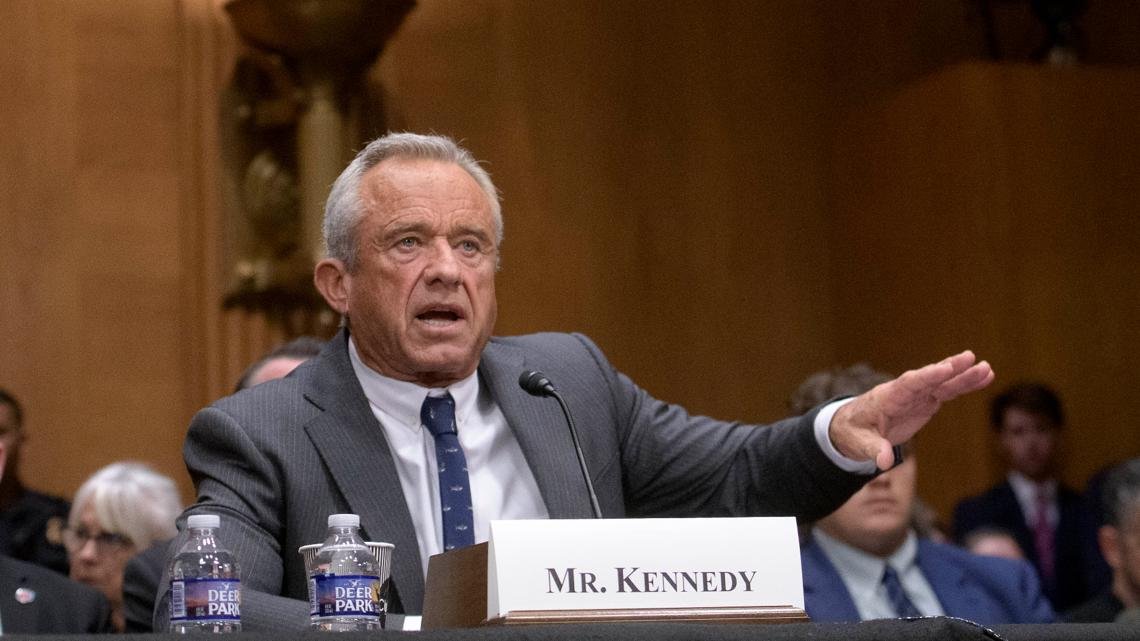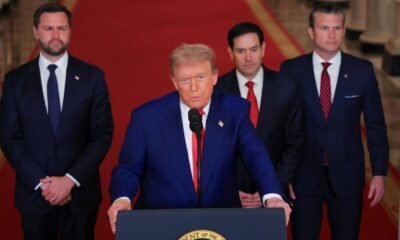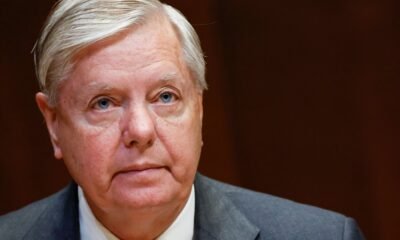cct-tracking
Robert F. Kennedy Jr. Clinches Health Secretary Role in Nail-Biting Senate Vote for Trump

In a contentious Senate vote, Robert F. Kennedy Jr. was confirmed as President Donald Trump’s health secretary, despite significant opposition from Democrats and some skepticism among Republicans regarding his views on vaccines. The vote tallied at 52-48 in favor of Kennedy, who now oversees an extensive $1.7 trillion budget, including federal health recommendations and food safety measures affecting millions of Americans.
Senate Minority Leader Mitch McConnell stood alone as the only Republican to oppose Kennedy’s nomination, echoing concerns rooted in his personal experience as a polio survivor. “I will not condone the re-litigation of proven cures, and neither will millions of Americans who credit their survival to scientific miracles,” he asserted.
Amidst a backdrop of reluctance, the majority of the Republican Party rallied behind Kennedy, pushing for a concentrated effort to address chronic health issues like obesity. Senator Mike Crapo of Idaho emphasized the need to prioritize the nation’s health, asserting that Kennedy brings a “fresh perspective” to the Health and Human Services Department.
Kennedy, a controversial figure known for his vocal opposition to vaccines, gained prominence as a populist voice during the COVID-19 pandemic. His nonprofit efforts included legal challenges against vaccine manufacturers and campaigns bolstering skepticism towards public health institutions. Despite this, Kennedy has claimed he is “uniquely positioned” to restore trust in agencies like the FDA and CDC.
Support for Kennedy among GOP members reflects a broader trend favoring his approach to rein in health care costs and reform public health strategies. Senator Thom Tillis of North Carolina expressed hope for Kennedy’s bold actions towards improving healthcare, while Senator Bill Cassidy of Louisiana sought assurances that Kennedy would maintain existing vaccine guidelines before offering his support.
Dissenting voices during the confirmation hearings highlighted concerns regarding Kennedy’s financial ties to vaccine litigation. Reports revealed he earned over $850,000 last year from an arrangement with a law firm suing the manufacturers of the HPV vaccine. Kennedy assured the Senate that any fees received would be redirected to his son if he assumed office.
President Trump’s endorsement of Kennedy comes amid a sweeping federal governmental restructuring, notably influenced by billionaire Elon Musk, resulting in immediate funding cuts for public health initiatives. The National Institutes of Health announced impending caps on medical research budgets, further complicating the operational landscape ahead of Kennedy’s confirmation.
As Kennedy prepares to take the helm at Health and Human Services, he has indicated intentions to overhaul staffing within key health-related agencies. His promise to dismiss hundreds of NIH employees signals a potential shift in the management and direction of public health policy in the U.S.


















